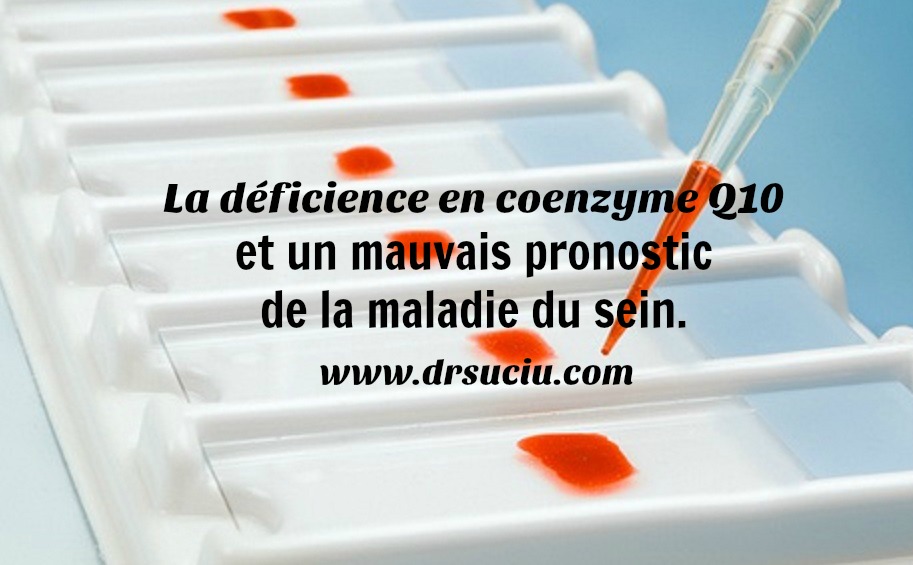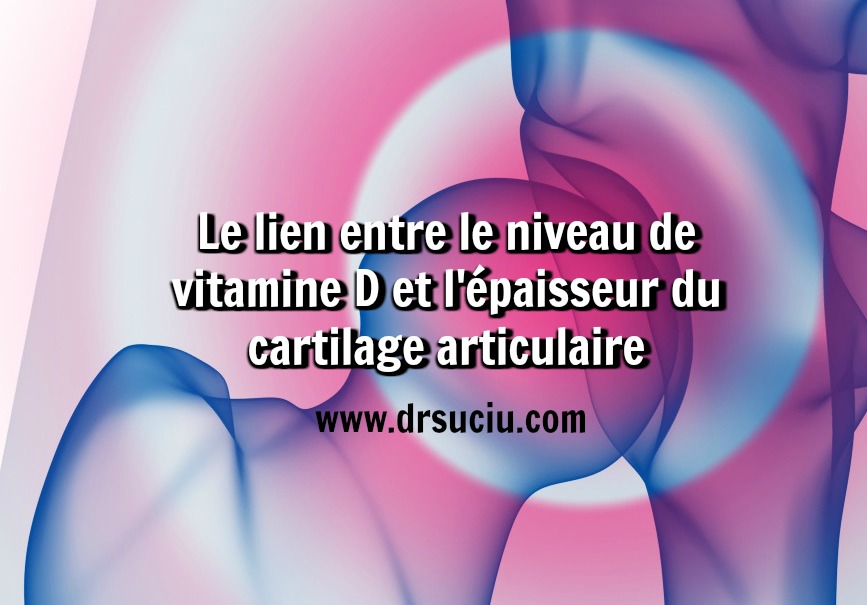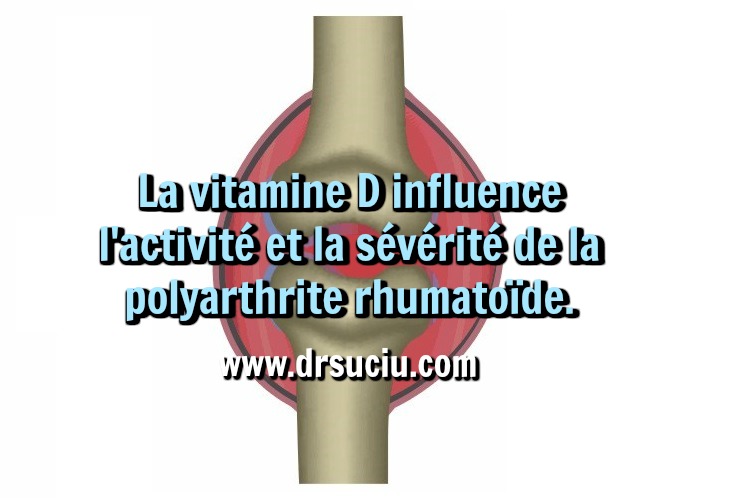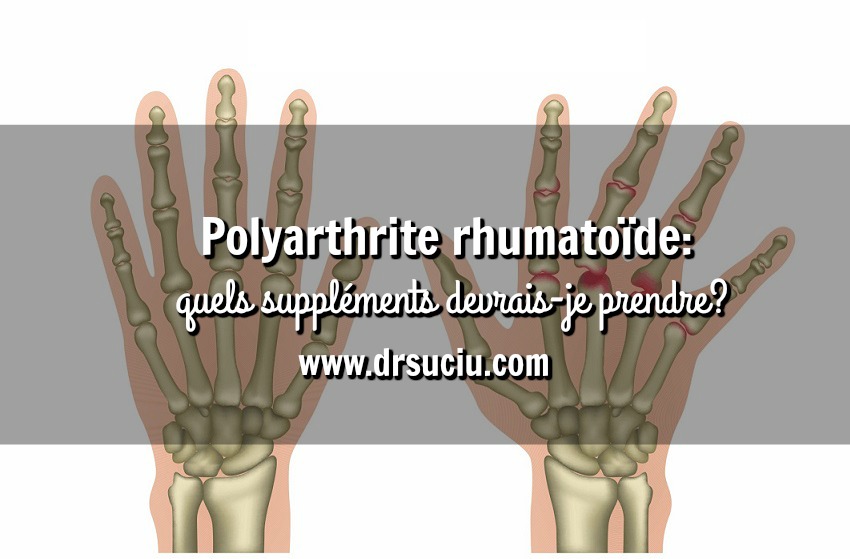|
Dans les études concernant les patients dépressifs, on a identifié de bas niveaux de folate et de vitamine B12. De plus, une association entre la dépression et le faible niveau de ces deux vitamines fût constatée dans les études concernant la population générale. RÉFÉRENCE:
Veuillez lire l'article complet (en anglais seulement) : ABSTRACT We review the findings in major depression of a low plasma and particularly red cell folate, but also of low vitamin B12 status. Both low folate and low vitamin B12 status have been found in studies of depressive patients, and an association between depression and low levels of the two vitamins is found in studies of the general population. Low plasma or serum folate has also been found in patients with recurrent mood disorders treated by lithium. A link between depression and low folate has similarly been found in patients with alcoholism. It is interesting to note that Hong Kong and Taiwan populations with traditional Chinese diets (rich in folate), including patients with major depression, have high serum folate concentrations. However, these countries have very low life time rates of major depression. Low folate levels are furthermore linked to a poor response to antidepressants, and treatment with folic acid is shown to improve response to antidepressants. A recent study also suggests that high vitamin B12 status may be associated with better treatment outcome. Folate and vitamin B12 are major determinants of one-carbon metabolism, in which S-adenosylmethionine (SAM) is formed. SAM donates methyl groups that are crucial for neurological function. Increased plasma homocysteine is a functional marker of both folate and vitamin B12 deficiency. Increased homocysteine levels are found in depressive patients. In a large population study from Norway increased plasma homocysteine was associated with increased risk of depression but not anxiety. There is now substantial evidence of a common decrease in serum/red blood cell folate, serum vitamin B12 and an increase in plasma homocysteine in depression. Furthermore, the MTHFR C677T polymorphism that impairs the homocysteine metabolism is shown to be overrepresented among depressive patients, which strengthens the association. On the basis of current data, we suggest that oral doses of both folic acid (800 microg daily) and vitamin B12 (1 mg daily) should be tried to improve treatment outcome in depression. J Psychopharmacol. 2005 Jan;19(1):59-65. Treatment of depression: time to consider folic acid and vitamin B12. Coppen A1, Bolander-Gouaille C. www.ncbi.nlm.nih.gov/pubmed/15671130 Une corrélation fût démontrée entre l'intensité de la déficience en coenzyme Q10 et un mauvais pronostic de la maladie du sein. RÉFÉRENCE:
Veuillez lire l'article complet (en anglais seulement) : Abstract BACKGROUND: Coenzyme Q10 or ubiquinone is a redox component of the respiratory chain, which may be involved in the pathogenesis of cancer. METHODS: In order to better understand the role of this vitamin in the pathogenesis of breast cancer, a clinical trial including 200 women hospitalized for the biopsy and/or the ablation of a breast tumor was conducted. Ubiquinone plasma concentrations were determined simultaneously with vitamin E plasma concentrations (as antioxidant reference) by HPLC. RESULTS: A coenzyme Q10 deficiency was noted both in carcinomas (80 patients) and non-malignant lesions (120 patients), while vitamin E concentrations were within the normal range. A correlation was shown between the intensity of the deficiency and the bad prognosis of the breast disease based on high TNM and SBR values or the lack of estrogen receptors. However, neither cathepsin D level nor adenopathy invasion was related to ubiquinone levels. CONCLUSIONS: Since prooxidants may promote tumorigenesis, ubiquinone supplementation in breast cancer could be relevant. Int J Clin Pharmacol Ther. 1998 Sep;36(9):506-9. Plasma coenzyme Q10 concentrations in breast cancer: prognosis and therapeutic consequences. Jolliet P1, Simon N, Barré J, Pons JY, Boukef M, Paniel BJ, Tillement JP. http://www.ncbi.nlm.nih.gov/pubmed/9760013 Des faibles niveaux de vitamine D semblent affecter négativement l'épaisseur du cartilage du fémur. RÉFÉRENCE:
Veuillez lire l'article complet (en anglais seulement) : Abstract This study aims to investigate the association between vitamin D levels and distal femoral cartilage thickness in healthy subjects. Eighty patients who were admitted to our outpatient clinic between May and July 2013 were classified into three subgroups according to their 25-OH vitamin D levels of <10, 10-20, and ≥20 ng/mL. Distal femoral cartilage thickness was measured from the midpoints of the right medial condyle (RMC), right lateral condyle (RLC), right intercondylar area (RIA), left medial condyle (LMC), left lateral condyle (LLC), and left intercondylar area (LIA) by using musculoskeletal ultrasound (US). The group with severe vitamin D deficiency (<10 ng/mL) had thinner femoral cartilage thickness at LMC (p = 0.005). Positive correlations were determined only between vitamin D levels and US measurements in the severe vitamin D deficiency group at RLC (r = 444, p = 0.020), LMC (r = 357, p = 0.067), and LLC (r = 568, p = 0.002). Low levels of vitamin D seem to affect the femoral cartilage thickness, adversely. Further studies are necessary to ascertain the clinical relevance of this change in cartilage thickness and whether vitamin D supplementation can reverse the cartilage thinning process or the allied clinical symptoms in the course of knee osteoarthritis. Clin Rheumatol. 2014 Sep;33(9):1331-4. doi: 10.1007/s10067-013-2432-y. Epub 2013 Nov 13. Does vitamin D affect femoral cartilage thickness? An ultrasonographic study. Malas FU1, Kara M, Aktekin L, Ersöz M, Ozçakar L. http://www.ncbi.nlm.nih.gov/pubmed/24221506 La vitamine D influence l'activité et la sévérité de la polyarthrite rhumatoïde. Voici les résultats de cette étude:
RÉFÉRENCE:
Veuillez lire l'article complet (en anglais seulement) : Dis Markers. 2015;2015:260725. doi: 10.1155/2015/260725. Epub 2015 May 10. Vitamin D Is a Good Marker for Disease Activity of Rheumatoid Arthritis Disease. Azzeh FS1, Kensara OA1. Author information Abstract AIM:This study was conducted to find out the optimal vitamin D cutoff point in predicting activity of RA disease. MATERIALS AND METHODS: One hundred and two rheumatoid arthritis Saudi patients of both genders were recruited in this study. Vitamin D as 25-hydroxy-vitamin D [25(OH)D] was measured and serum level less than 20 ng/mL defined as deficient patient. Disease activity was measured based on the disease activity score index of a 28-joint count (DAS28) using serum erythrocyte sedimentation rate levels. Receiver operating characteristic (ROC) curves were used to determine the optimal vitamin D cutoff points for identifying disease activity. RESULTS: It has been observed that vitamin D levels were lower (P < 0.05) in patients with high disease activity. A significant inverse correlation between serum 25(OH)D levels and DAS28 (r = -0.277, P = 0.014) was shown. ROC curves results showed that vitamin D less than 12.3 ng/mL predicted high disease activity, and vitamin D more than 17.9 ng/mL predicted low disease activity, with good sensitivity and accuracy results regarding vitamin D. CONCLUSION:Study results concluded that vitamin D is a good predictor of RA disease activity in Saudi patients. PUBMED link: http://www.ncbi.nlm.nih.gov/pubmed/26063950 La polyarthrite rhumatoïde est une maladie auto-immune inflammatoire chronique qui touche préférentiellement les articulations (en particulier les articulations des mains, les poignets, les pieds, les genoux, cubitus, chevilles, épaules, etc.). Les symptômes peuvent être douleur, chaleur, gonflement des articulations, raideur, impotence fonctionnelle etc.
Une série de publications traitant de l'activité anti-inflammatoire de différents extraits alimentaires (comme les nutraceutiques) pourrait être utile comme médecine complémentaire pour la gestion de l'arthrite rhumatoïde. Il y a de plus en plus de preuves scientifiques concernant l'utilisation de compléments alimentaires comme adjuvants dans le traitement de cette maladie. La supplémentation en vitamine E est associée à une résistance accrue à plusieurs agents pathogènes, en particulier chez les personnes âgées, qui sont plus à risque d’avoir un apport alimentaire insuffisant en vitamine E. Référence:
Vitamin E supplementation in old mice induces antimicrobial activity and improves the efficacy of daptomycin in an animal model of wounds infected with methicillin-resistant Staphylococcus aureus Elisa Pierpaoli1, Oscar Cirioni2, Alessandra Barucca1, Fiorenza Orlando1, Carmela Silvestri2, Andrea Giacometti2 and Mauro Provinciali1,* http://jac.oxfordjournals.org/content/66/9/2184.full Le syndrome de l'intestin irritable: de faibles apports en vitamine A, D, calcium, magnésium et zinc ont été détectés. RÉFÉRENCE:
Veuillez lire l'article complet (en anglais seulement) : Abstract OBJECTIVES: The aim of our study was to evaluate the oral dietary intake of a group of patients with irritable bowel syndrome and to compare with international recommendations. PATIENTS AND METHODS: A total of 53 patients with irritable bowel syndrome was enrolled in a non-propabilistic sample. Patients were diagnose with Roma II criteria. In all patients were determined, weight, height, body mass index, dietary intake of 3 days and a symptoms scoring system. RESULTS: The average age of 53 patients was 45.67+/-13.6 years with a distribution of sex (22 males/31 females). Caloric intakes was right in absolute terms and corrected by weight. Distribution of calories was 41.5% of carbohydrates, a 19.8% of proteins, and a 38.7% of lipids, showing a high intake of lipids and low of carbohydrates. A low intake of vitamin A and D was detected. High intake of vitamin B12, vitamin C and niacine was observed. A low intake of calcium, magnesium, yodo and zinc was detected. Intake of soluble fiber was lower than insoluble fiber (1.46+/-0.74 g/day) (19%) vs 6.21+/-2.67 g/day (71%). Intake of fiber corrected by calories was low 4.5+/-1.2 g/1000 calories. In correlation analysis, insoluble fiber (r=0.46; p < 0.05) and soluble fiber (r=0.42; p < 0.05) were inverse correlated with general symptoms. CONCLUSIONS: Patients with irritable bowel syndrome showed a deviation of mineral and vitamin dietary. Fiber intake is low, a correlation between fiber intake and general symptoms was detected. An Med Interna. 2004 Dec;21(12):577-80. Dietary intake of a group of patients with irritable bowel syndrome; relation between dietary fiber and symptoms. Aller R1, de Luis DA, Izaola O, La Calle F, del Olmo L, Fernández L, Arranz T, González Hernández JM. |
AVIS IMPORTANT:
Veuillez prendre connaissance de cet avertissement et rappelez-vous que le site www.drsuciu.com ne saurait remplacer une consultation avec vos professionnels de la santé. L'information fournie sur le site web www.drsuciu.com est d'ordre général. Avant de prendre toute décision de nature médicale ou si vous avez des questions concernant votre état de santé personnel, adressez-vous à un professionnel de la santé qualifiée. D'aucune manière ces points de vue, commentaires et renseignements ne constituent une recommandation de traitement (préventif ou curatif), une ordonnance ou un diagnostic, ni ne doivent être considérés comme tels. Archives
Août 2017
|









 Flux RSS
Flux RSS